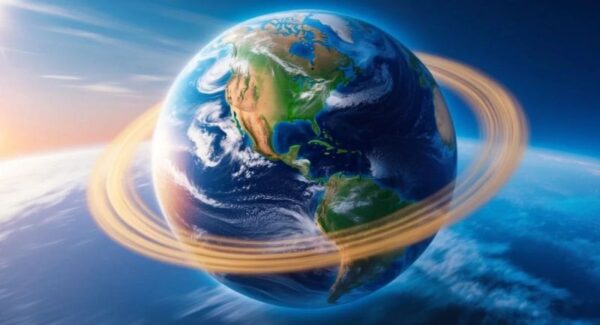Earth is spinning faster than usual, making our days slightly shorter. Discover what’s causing this and how it may affect timekeeping and technology.

A Planet in a Hurry
Something strange is happening.
Earth is spinning faster than usual.
On July 22 and August 5, scientists expect the shortest days in recorded history—each nearly 1.3 milliseconds shorterthan the standard 24 hours.
That might not seem like much. But for scientists and timekeepers, it’s a big deal.
Why Is Earth Speeding Up?
Experts aren’t exactly sure why this is happening.
It could be due to climate change, melting glaciers, or movement in Earth’s core. Some suggest shifting winds and ocean currents may also play a part.
Just like we explained in our earlier post on The Strange Science of a Short Day, Earth’s rotation is never truly constant. It changes ever so slightly over time.
But this change? It’s quicker than anyone expected.
You can also read more technical insights on www.america112.com.
How Does It Affect Us?
This change may not impact your daily life. But it’s very important for global systems.
Satellites, GPS, and international timekeeping rely on extremely precise timing.
Even a millisecond of difference can throw things off—especially in fields like aviation, communication, and banking systems.
If this continues, scientists may have to add something called a “negative leap second”—which has never been done before.
Time Trouble Ahead?
A leap second is normally added when the Earth slows down. But now, because Earth is speeding up, we may need to subtract one.
That’s uncharted territory.
Many worry about how global systems will respond. Computers and networks aren’t used to losing a second—they’re built to gain time, not remove it.
This may also affect scientific experiments that rely on precise atomic clocks.
What’s the Bigger Picture?
Some experts believe this could be a temporary change. Others warn it may signal deeper shifts within Earth itself.
Could it be a sign of environmental stress?
Could climate change be reshaping the Earth’s balance?
It’s hard to say for sure, but this aligns with other strange global events—like what we explored in our blog on Norway’s Frozen Seed Vault, which shows how seriously scientists are preparing for future changes.
Looking Forward
For now, you don’t need to reset your clock. But scientists around the world are watching closely.
They’re studying Earth’s spin using lasers, satellites, and even ancient time records.
And if the spin keeps speeding up, we might need to rethink how we measure time itself.
It’s a small change on the surface—but it could have huge effects in the long run.
Final Thought
Earth has always spun.
But now it’s spinning just a little too fast.
And that’s a reminder—our planet is alive, changing, and full of surprises.
Stay tuned to Recital Blog for more fascinating updates on science, time, and the mysteries of our ever-moving world.

